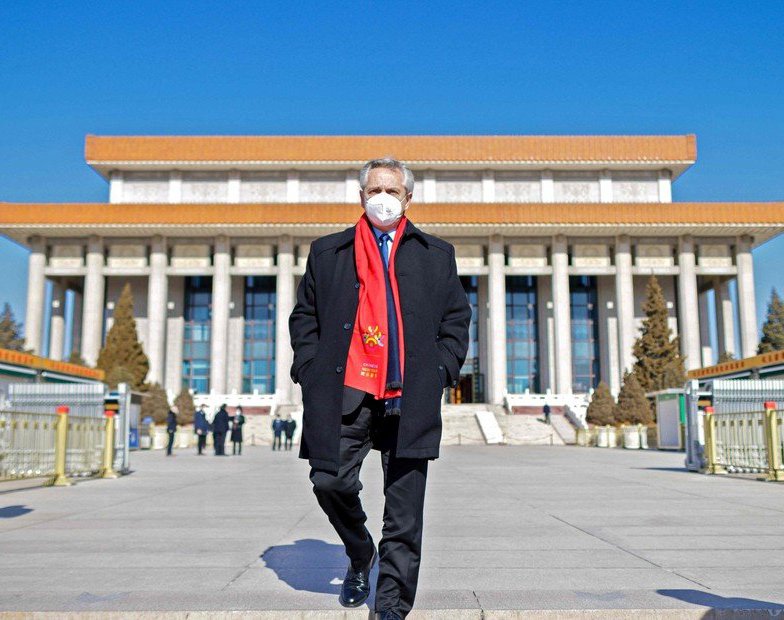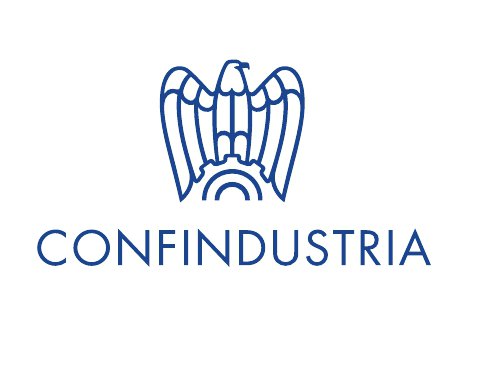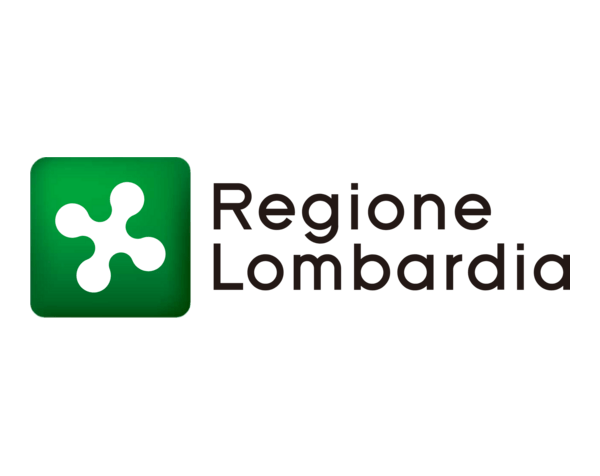Alberto Fernández seals the adhesion to the Chinese Silk Road and promises agreements for 23,700 million dollars. This was announced by the Argentine Government. [Alberto Fernández selló la adhesión a la Ruta de la Seda china y prometen acuerdos por U$S 23.700 millones – Clarin]. However, the government imposes measures to curb imports from China: each pair of shoes cannot enter the country for less than 15.70 USD, to encourage investment with local producers.
After the signing of the agreement with the International Monetary Fund and the crisis generated in the government by the resignation of Máximo Kirchner as president of the ruling bloc of deputies, President Alberto Fernández tried to restart the political initiative with his official tour to Russia and China.
And if his meeting with Vladimir Putin only served to baffle the United States, the visit to China may have strengthened him internally in the ruling coalition because he finally managed to seal Argentina's accession to the Chinese Silk Road, after the meeting he had with Chinese President Xi Jinping, in Beijing.
According to information released by Beijing by the Argentine government, the two countries have confirmed investment agreements and works worth up to 23.7 billion dollars. However, no details have been specified. Nor does it distinguish in the information provided what will be investment and what financing.
Alberto Fernandez and Xi Jinping met this Sunday in China, at the People's Palace, and held a bilateral meeting that lasted 40 minutes, followed by lunch.
The relationship between Fernández and the Chinese president was collected first by Chinese donations and the sale of medical supplies to fight the coronavirus and then also by the sale of more than 30 million doses of Sinopharm vaccines.
It is within this framework that progress has been made towards signing Argentina's accession to the initiative to inject billions of dollars that China must place in other countries. Formally the initiative is called One Belt One Road (OBOR) and is known as the Silk Road, recalling the ancient Chinese expansion that was economic, but also political and cultural.
Even though 140 countries participate in this initiative - the majority in Asia but also several Latin Americans - the United States is suspicious of it, in the context of the Chinese challenge to the world leadership of the United States.
But in addition, Washington has expressed its disagreement with some of the projects that China has in Argentina. At the time he expressed his annoyance with the lunar base that the Chinese built in Neuquén. And now with the construction of a nuclear power plant built for 85% by China in the province of Buenos Aires, and with an expected investment of 8,000 million dollars.
On the other hand, Fernandez's latest statements to Putin - who is leading a serious crisis with danger of war with Joe Biden on Ukraine - also baffle Washington. The president said in his bilateral meeting in Moscow that Argentina is trying to free itself from dependence on the IMF and the United States. And he said so at a time when his ministers and diplomats are negotiating a deal with the IMF to reschedule the payment of the $44 billion debt, where he needs the political support of the US government.
In this case, such is the concern generated by these statements and the internal differences that exist with the IMF between the sector that responds to President Fernandez and the one that responds to Vice President Cristina Kirchner, that Ambassador to Washington Jorge Argüello was called to Buenos Aires to reorganize the negotiations .
Argüello, in fact, is already in Buenos Aires and will wait for the President to tell him about the progress of negotiations and Argentina's relations with the United States, China and Russia. Before returning to the country, Fernández will visit the Prime Minister of Barbados on Tuesday.
As Clarín had anticipated , in its edition this Saturday, the signing of the so-called Memorandum of Understanding on Cooperation, within the framework of the Initiative of the Economic Belt of the Silk Road and the Maritime Silk Road of the XXI century, will be affixed by Foreign Minister Santiago Cafiero and He Lifeng, president of the National Commission for the Development and Reform of the People's Republic of China.
According to the official 18-page document, drawn up at the Ministry of Foreign Affairs, there are investment projects for 9.7 billion US dollars that derive from the so-called Silk Road Cooperation Plan and are a set of infrastructure works relevant to the energy sector, water and sewerage, transport and housing.
On the other hand, the government expects another $14 billion that will emerge from the list of investment projects known as the Strategic Dialogue for Economic Cooperation and Coordination in which it claims to have 10 infrastructure projects agreed within the framework of the Argentine Foreign Ministry and the National Commission for China's Development and Reform.
It is estimated that many of the planned works, but unknown in detail, will be destined for the provinces of Buenos Aires, Rio Negro and Catamarca. In fact, the entourage of the Chinese capital includes governors Axel Kicillof, Arabela Carreras and Raul Jalil, as well as vice president Eduardo Valdes and senator Adolfo Rodrigu
Protection and Investments
The government has established a new anti-dumping measure for footwear in order to block the entry of products imported from China. It was through a resolution that was published in the Official Gazette on Tuesday and sets a new FOB price (a low of $15.70 per pair, about $1,593 at the official exchange rate) for footwear exports from that Asian market for the next five years.
The measure was the result of a presentation conducted by the Chamber of the Footwear Industry (CIC) with manufacturers in the sector a year and a half ago. The body has managed to convince the Ministry of Productive Development to determine an increase in the tariff so that goods with prices below market prices do not enter. The new value comes from technical analyses that justify an increase of 17% compared to the prevailing value. The previous value was 13.38 USD.



